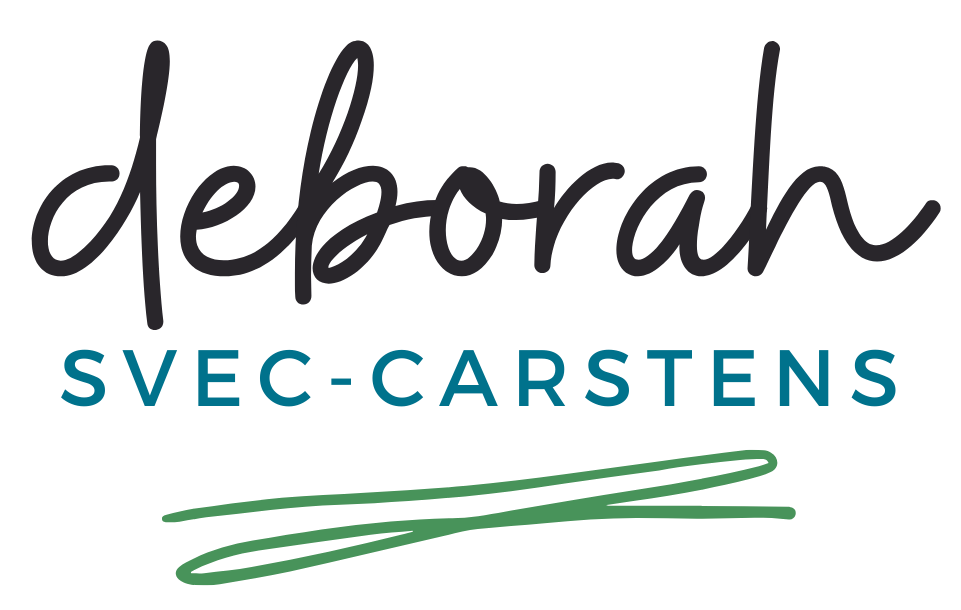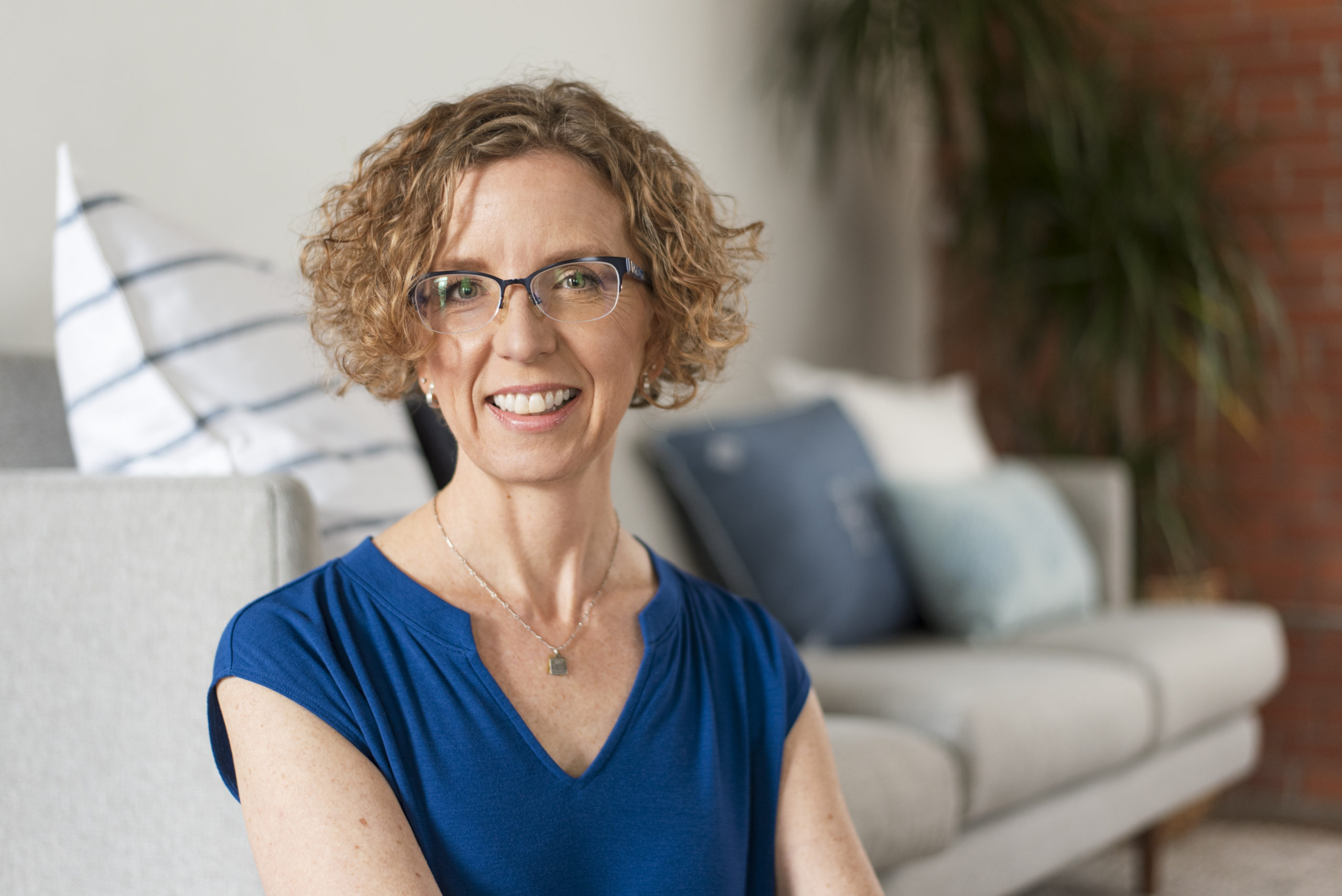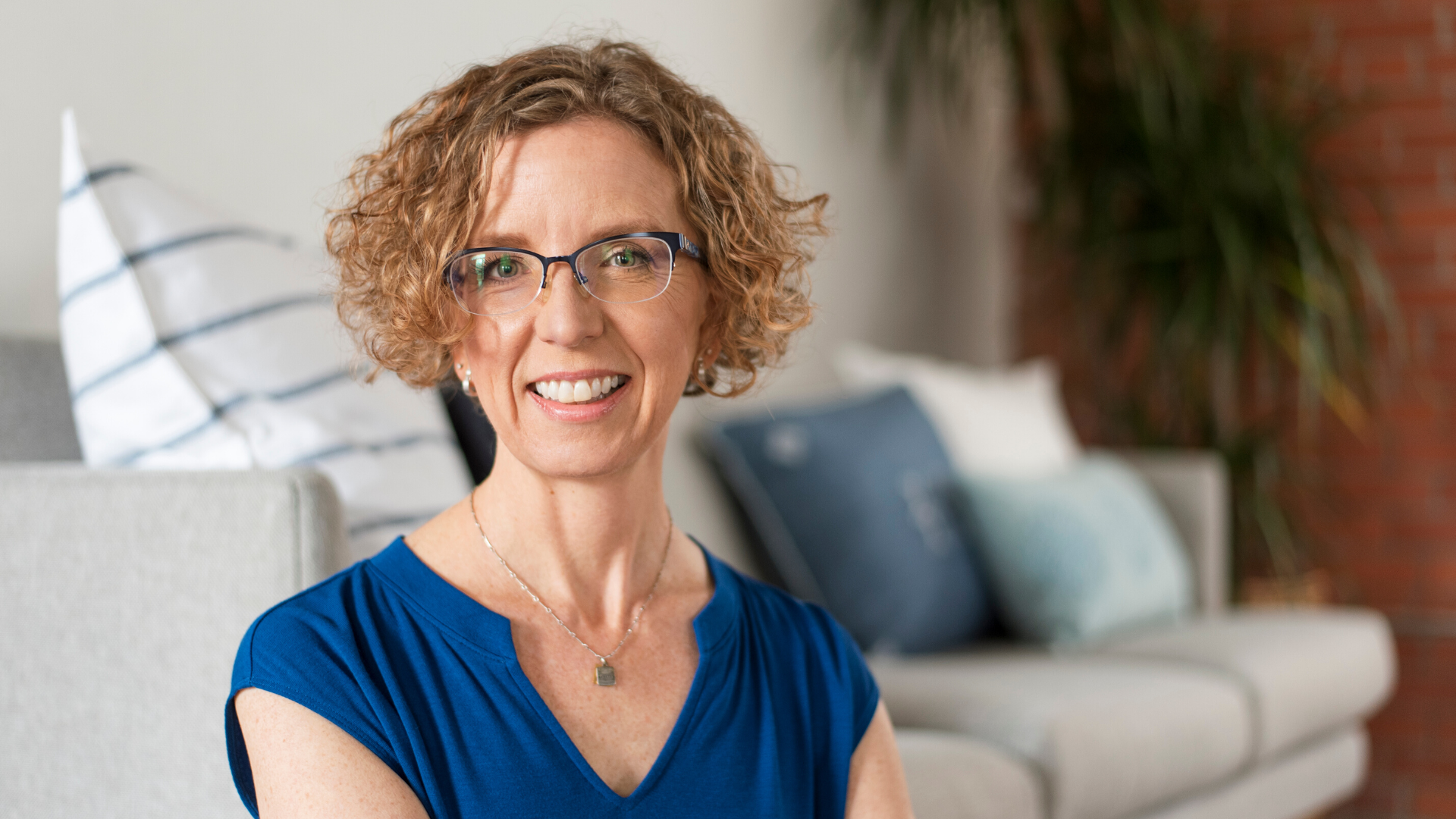Where am I being called to step in?
This is the question I find myself asking as, like so many others, I’ve watched and listened to the events of the last week with a mixture of horror, anger, and deep sadness.
It’s not the first time I’ve asked this question.
On the Saturday morning after Thanksgiving in 1992, I was sexually assaulted by a stranger while living in Paris. That same day, a friend encouraged me to call a rape crisis line. The kind and gentle voice on the other end of the line connected me to a counselor who spoke English. At my first appointment, the counselor helped me schedule a physical exam with an English-speaking doctor.
The rape crisis line was the first piece in a puzzle of support that would help me navigate the next several months.
When I returned to the U.S. eight months later, I felt a strong desire to do something to help other victims of sexual violence. I jumped right in, volunteering with the local rape victim advocacy program to provide in-person and crisis line advocacy for survivors.
While I stuck with it for a couple of years, my anxiety ramped up every time I was on-call. I would lay awake in bed most of the night, waiting for the pager to go off. The scenes of what might happen if I were called to the hospital played over and over in my head. What would I say? What could I possibly do to help?
I didn’t realize it at the time, but because I hadn’t yet done my own work around my trauma, the mere thought of having to sit with someone who had just been sexually assaulted actually re-traumatized me.
It wasn’t that I didn’t want to be an advocate. It’s that I didn’t know the best way for me to be one.
I’m grateful for those doing the work on the front lines. For those who show up to the hospital in the middle of the night to provide support to survivors of sexual violence through what must be gut-wrenching hours. For the advocates who continue showing up over the weeks and months to follow, when survivors are called on to testify in criminal proceedings. Chanel Miller’s memoir, Know My Name describes the importance of those volunteers who continue to provide support.
I’m also grateful to the activists who march, who write letters, and who refuse to be silenced when it comes to sexual violence. For the multitude of people behind the multiple local and national organizations continuing to work on behalf of survivors.*
There are many ways to step into the work of advocacy and activism. And not everyone is cut out to be on the front lines.
I wasn’t.
I’m learning how to be an activist in a way that works for me.
My activism comes through my writing. I’ve written a book about how healing began for me, with the hope that it will help others on their own journeys. The master’s thesis I wrote in seminary about spiritual care for survivors of sexual violence will form the basis of teaching others how to begin healing the spiritual wounds of rape.
My activism also comes through one-on-one or small group gatherings. Later this year, I’ll begin a nine-month spiritual direction training program. Spiritual directors are story midwives, listening deeply and offering open-ended questions to help others connect with their authentic selves and find and follow their own spiritual paths. My purpose in completing the training now is to sit with survivors and others and help them find their way back to their bodies and to a deeper connection with Spirit (whatever that means for them).
In 2018, after Dr. Christine Blasey Ford’s brave testimony before the U.S. Senate Judiciary Committee, I sent out a call to the women in my faith community, inviting anyone who wanted to come to meet for a time of sharing stories and lamenting. We gathered. We expressed our anger. We shed tears. We gave voice to our own stories of sexual violence. We didn’t solve or fix anything that afternoon, but our coming together and our refusal to be silenced was a form of activism.
It’s taken years of inner work, but I am beginning to step out and claim my place as an activist, in a way that is authentic to who I am and the gifts I have to offer.
What does being an advocate or an activist look like for you?
*Organizations dedicated to working on behalf of survivors: Iowa Coalition Against Sexual Assault; Rape, Abuse & Incest National Network, National Sexual Violence Resource Center, The Faith Trust Institute, metoo.
Let me know what you think. Comment below or connect with me on social media.






Silent for too long